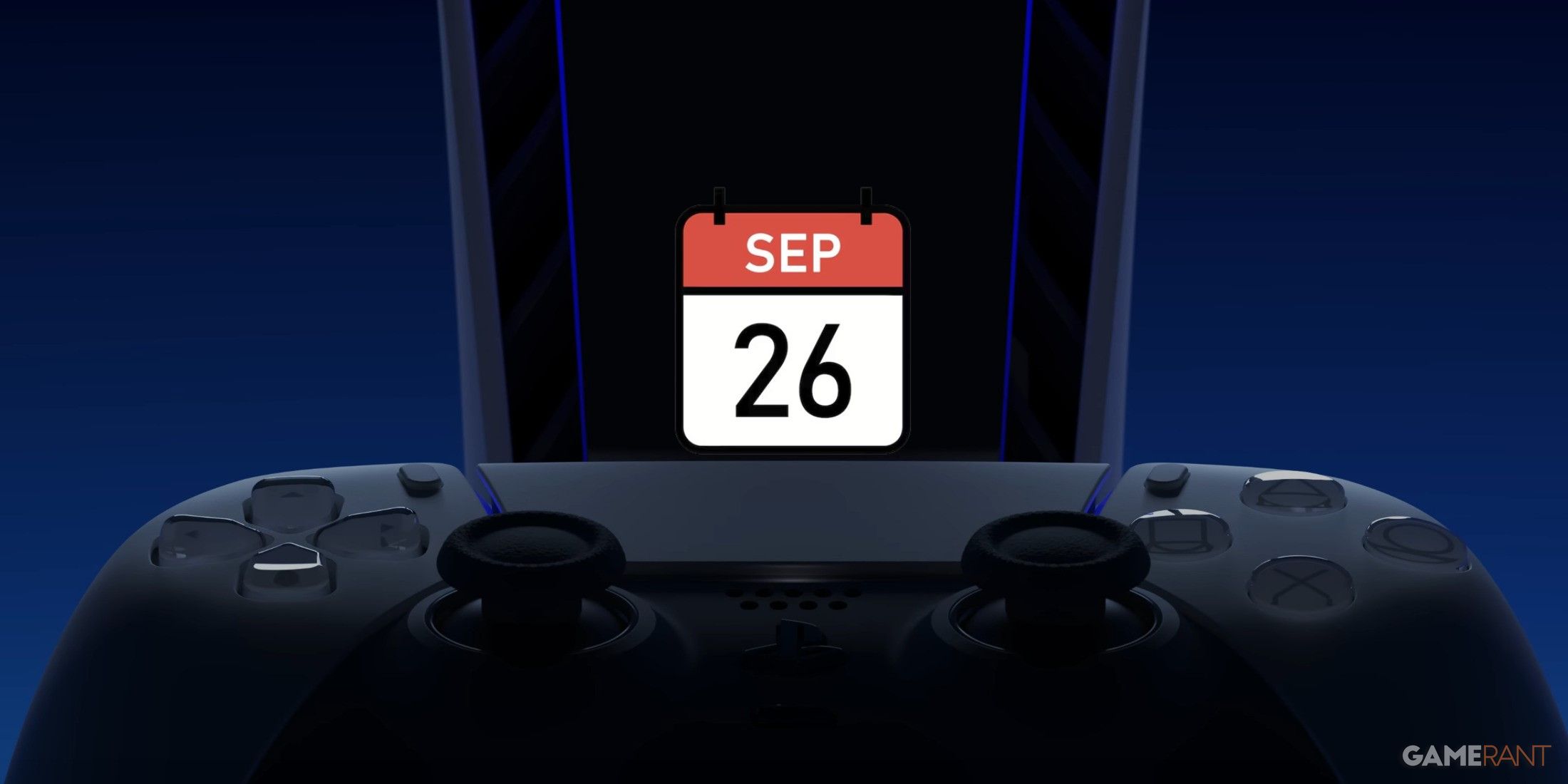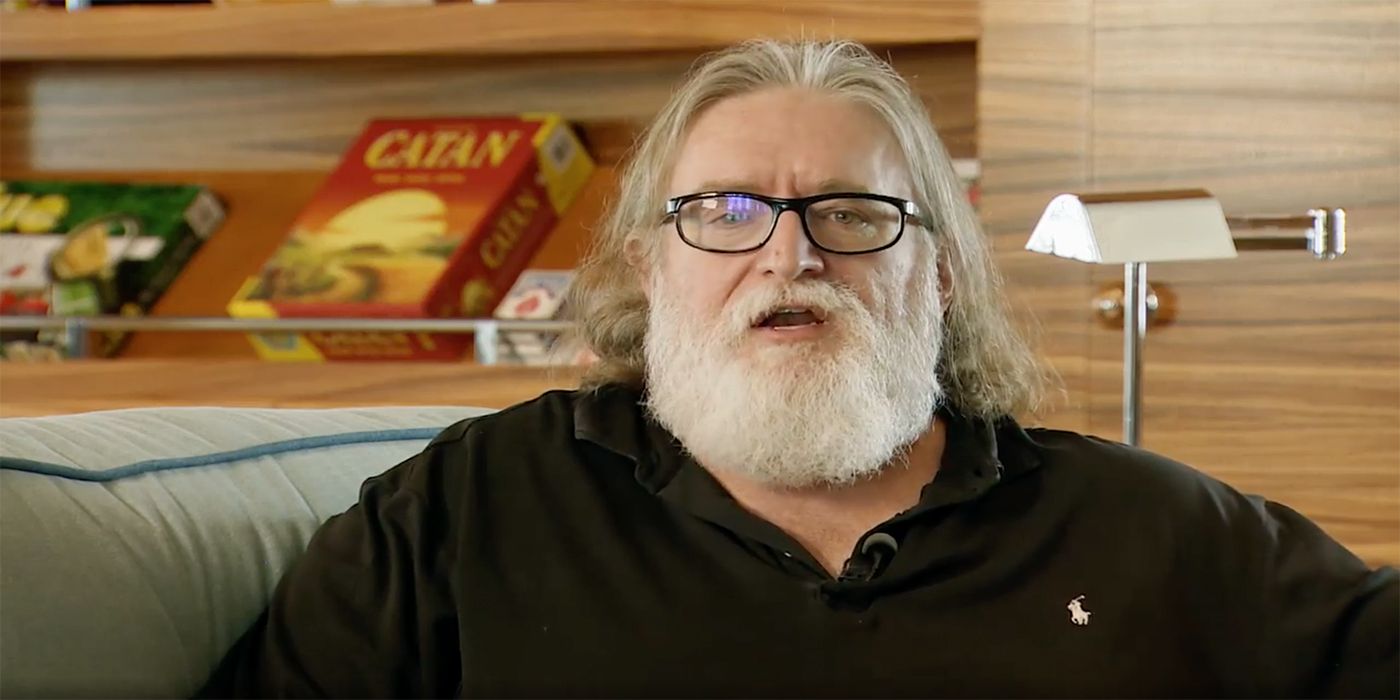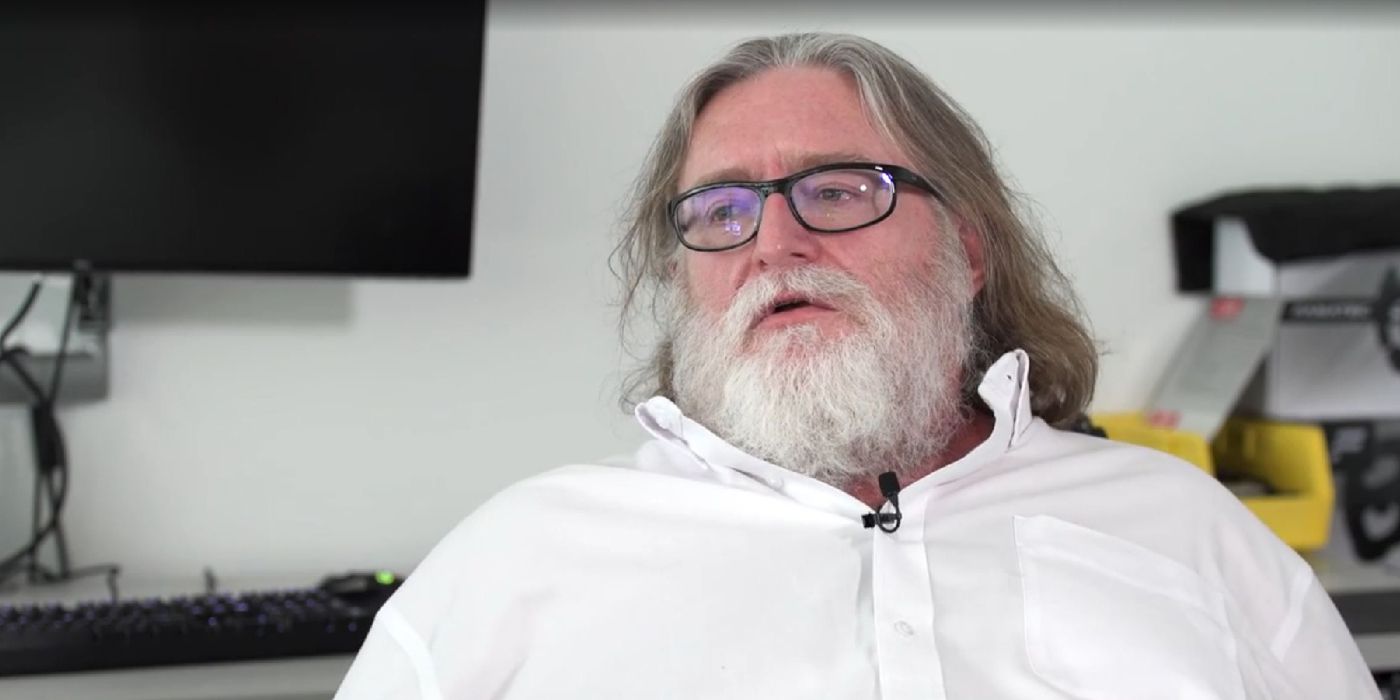The video game industry has undergone technological leaps with alarming regularity, moving from rudimentary 3D graphics to nearly photo-realistic scenes in just a few decades, on top of other major advancements. However, that innovation won't stop there, as gamers may soon have a new type of technology that's even superior to reality, according to Valve's Gabe Newell.
During a recent interview with 1News, Newell elaborated on what was possible with brain-computer interfaces, or BCIs, and how they could usher in a new era of video games. According to Newell, BCIs would be capable of reading human emotions and personalizing a gameplay experience around those emotions. For instance, if a user was getting bored, the BCI would be capable of turning up the difficulty to keep players engaged.
The potential applications of the technology don't stop there, either. In time, Newell believes that BCIs would even be able to modify a user's emotions. "Where it gets weird is when who you are becomes editable through a BCI," Newell stated. Newell went on to say that, graphically, games could be unlike anything humans have ever experienced, possibly even making the real world seem "flat, colorless, blurry, compared to the experiences you'll be able to create in people's brains."
The technology seems more like something out of science-fiction than reality. However, Valve is currently working with OpenBCI headsets to make the concept real. OpenBCI makes headsets like Galea, which is specifically designed to work with existing virtual reality headsets, helping early researchers fully realize the potential of the technology. According to Newell, anyone in a software development lab in 2022 without some sort of BCI will be making a "silly mistake."
Valve doesn't have plans to release such a headset as a consumer product, at least not yet. Newell said that at the rate Valve is currently researching, it wouldn't make sense to release a device only to have unlocked significant new features six months down the line. However, the technology isn't as far out there as some people may think, and according to Newell, it's more of a certification issue than it is a scientific issue at this point.
There are, however, drawbacks. It's possible that developers could use the device to make players feel pain or other uncomfortable feelings. That means, like with other technology, there's a degree of trust that goes into using it, Newell says. Plus, not everyone would be comfortable trying the technology in the first place, which would fuel its own set of challenges to overcome.
For gamers, this could mean a radically different era of video games, pushing the boundaries of gameplay and reality. However, it's easy to see the real-world applications for technology as advanced as this, like therapy or any other type of counseling. For now, though, the ball is in Valve's court.
Source: 1News





